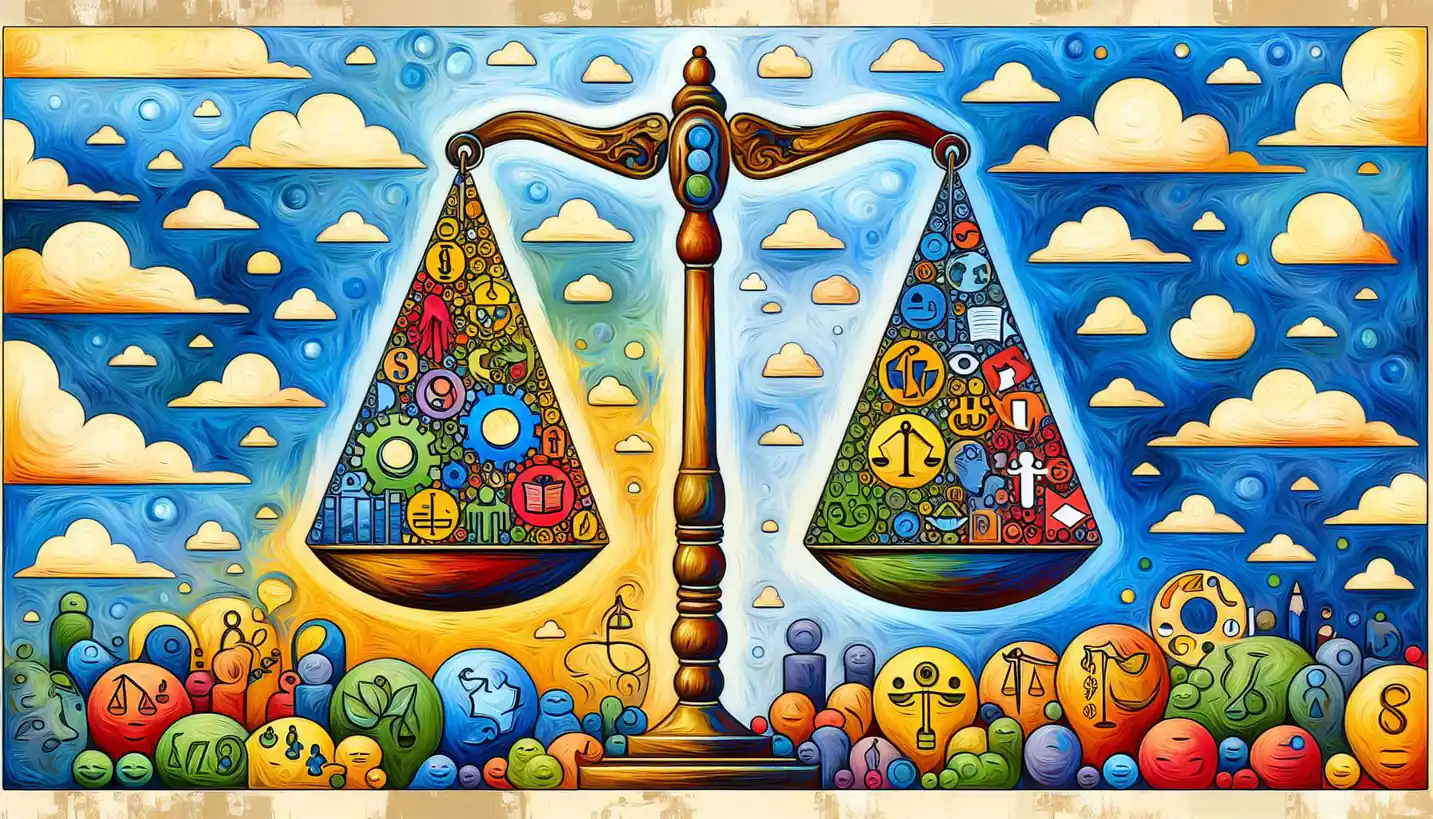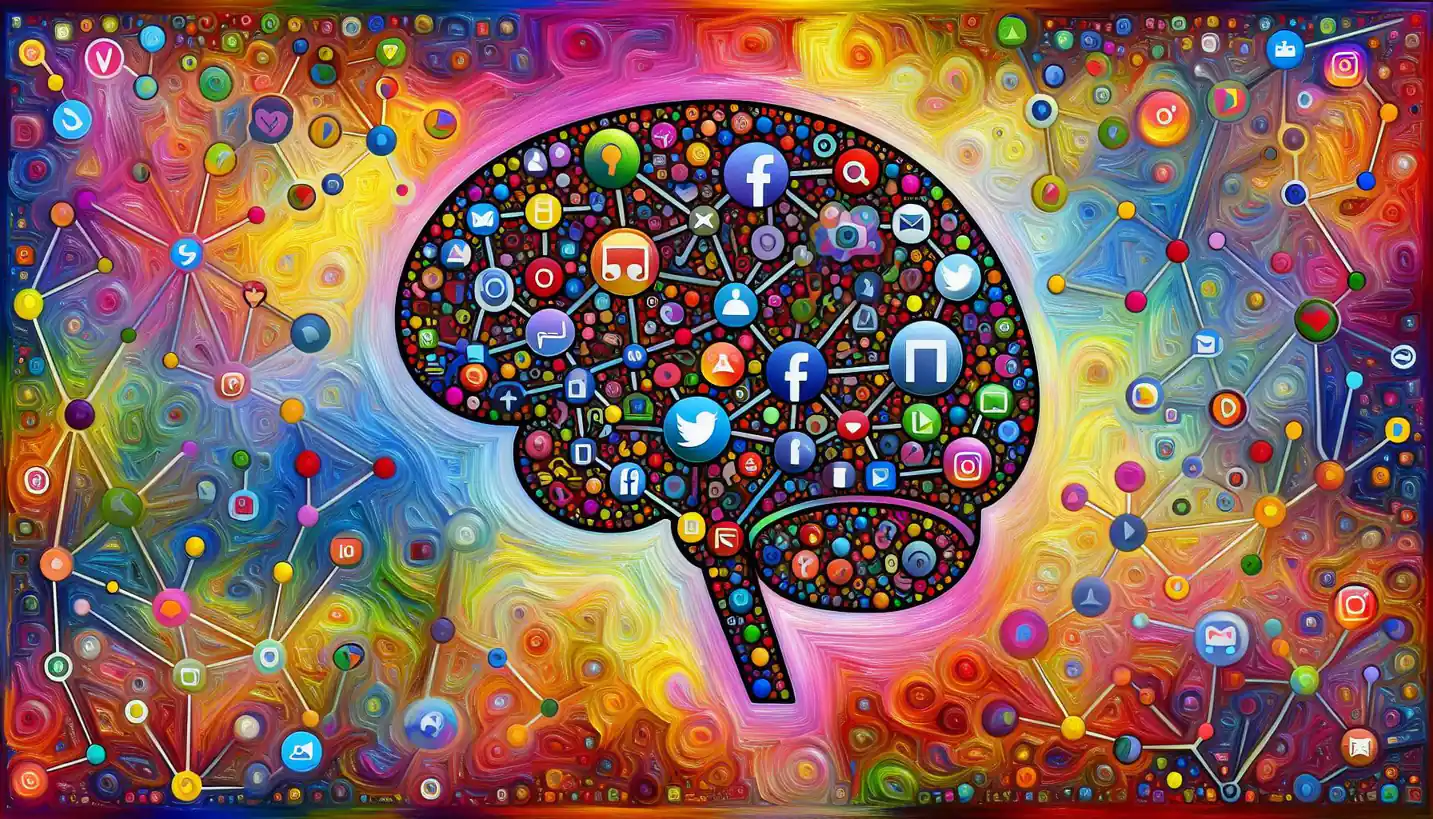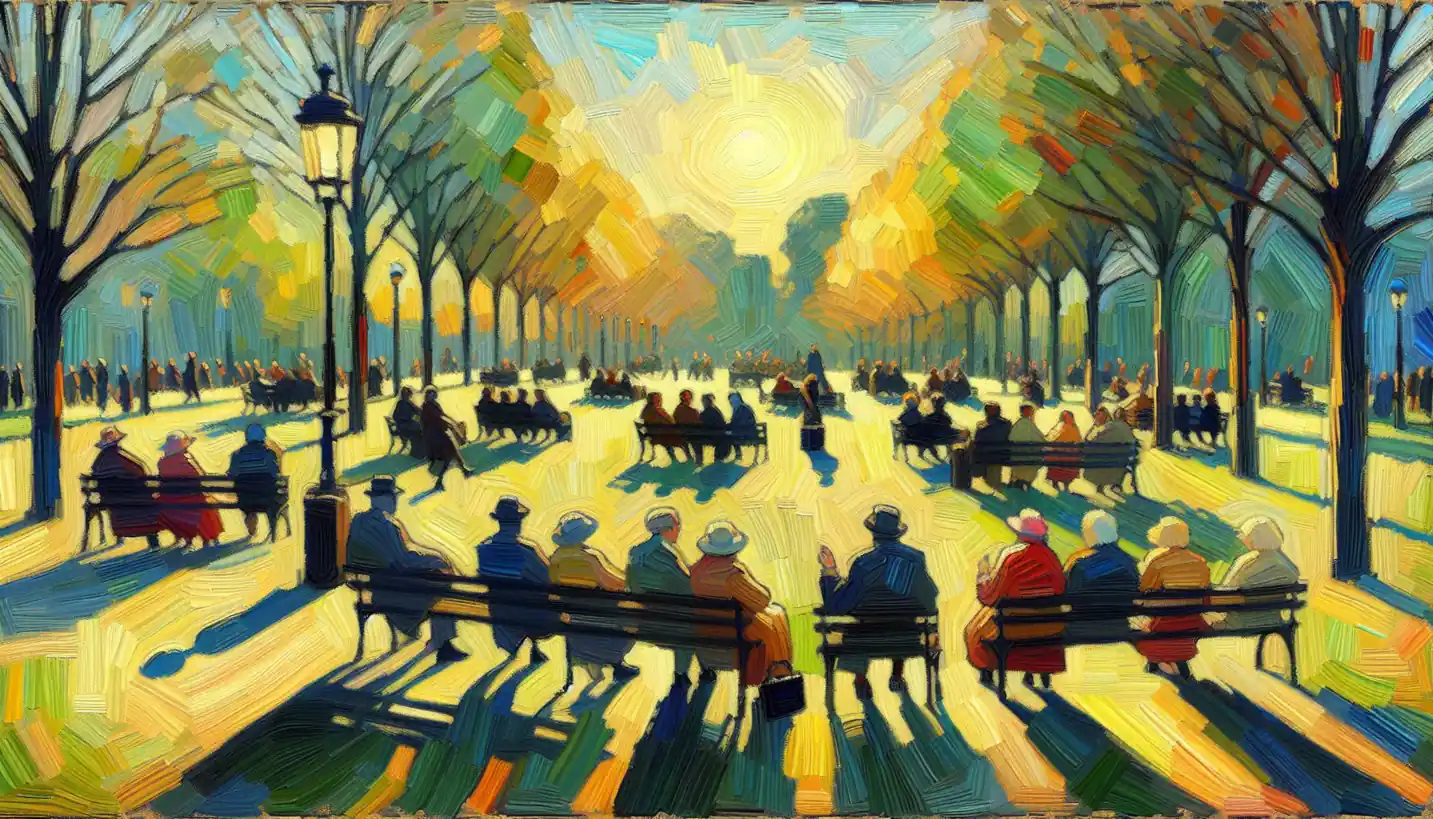· Sociology · 5 min read
Political Socialization: How We Learn Politics and Form Opinions
Political socialization shapes how we form political beliefs and opinions. Explore the crucial processes that influence our understanding of politics and society.

When we think about politics, we often focus on elections, debates, and leaders. But there’s a fascinating process that shapes how we think about all these things, often without us even realizing it. This process is known as political socialization. It’s the way we are introduced to the political world and how we form our political beliefs and opinions.
Political socialization is like a journey we all take. From a young age, we start to learn about politics from various sources, and these experiences shape the way we think about political issues as adults. But what influences this journey, and why does it matter so much?
The Building Blocks of Political Socialization
Our political beliefs don’t just appear out of nowhere. They’re crafted through a mix of personal experiences, interactions, and the environments we grow up in. Think about how you first learned about voting, governments, or political parties. Often, these lessons come from a few key sources:
Families: Our First Teachers
Family is usually the first place where we pick up political ideas. Parents may discuss current events at the dinner table, express their opinions on leaders, or take their children to vote. These early experiences introduce kids to the political world. Imagine a child hearing their parents’ passionate discussions about an election. Even if the child doesn’t fully understand, they’re picking up cues about what’s important and forming the foundation for their political identity.
Schools: Civics and Beyond
Schools play a huge role with programs that teach basic political concepts and civic duties. Think about those history or government classes where students learn about the Constitution or the importance of voting. These lessons are designed to prepare students to participate in society as informed citizens. Beyond the textbooks, school environments themselves—like participating in student council elections—can influence political views.
Peers: Influences and Opinions
As we grow, our circle of friends starts to impact our political views. Just like we might adopt a friend’s taste in music or fashion, we can also be influenced by their political opinions. Peer groups provide a space to discuss and debate ideas, which can reinforce or challenge our existing beliefs. A friend with a strong perspective on environmental policy might inspire others in the group to become more aware and active on the topic.
Media: Shaping Perceptions
In today’s world, media is one of the most powerful tools of political socialization. From news channels to social media platforms, we’re constantly bombarded with information and opinions. The media not only informs us about political events but often frames them in specific ways, influencing our perceptions. A news report highlighting the urgency of climate change might motivate viewers to prioritize environmental issues in their own political decisions.
Life Experiences: Personal Growth
Life experiences, such as going to university, traveling, or starting a job, can also shape one’s political views. Each experience brings new perspectives and insights. For instance, working in a multicultural environment might open someone’s eyes to issues of diversity and inclusion, leading them to consider these issues more seriously in their political thinking.
Why Does Political Socialization Matter?
Understanding political socialization helps explain why people hold certain political beliefs and why they might change over time. It’s also important for understanding how different cultures and societies develop unique political landscapes. If we look globally, political socialization differs greatly depending on cultural norms, government systems, and historical contexts.
Take the example of two countries: one with a long history of democratic elections and another that has only recently started holding such elections. Citizens in the first country might take voting as a given, a routine part of civic duty. In contrast, citizens in the latter might view voting as a hard-won right, something to be fiercely protected and valued. Their political socialization experiences, shaped by historical context, lead to differing perspectives on the importance of participation.
How Can We Influence Political Socialization?
Knowing how political socialization works means we can also think about how to improve it. For instance, education systems can be designed to foster critical thinking and encourage students to engage with diverse perspectives. Media literacy programs can help people critically evaluate the vast amounts of information they consume every day.
Parents and communities can also actively engage young people in discussions about politics, encouraging them to form their own opinions rather than just adopting those of others. The goal is to create informed citizens who can think critically about the world around them.
The Future of Political Socialization
As we look to the future, the landscape of political socialization is changing. The rise of digital media, global connectivity, and new forms of communication are altering the way we learn about politics. Social media platforms, for instance, allow young people to engage with political issues in ways previous generations could not have imagined. Viral campaigns, online petitions, and digital activism are becoming new spaces for political socialization.
In this evolving environment, understanding political socialization becomes crucial not only for researchers and educators but for anyone interested in promoting informed and active citizenship.
Final Thoughts
Political socialization is a vital process that shapes how societies function and how individuals relate to the political world. By understanding the factors that influence our political learning and development, we can better appreciate the diversity of political thought and the importance of fostering environments that support informed participation. It’s a reminder that every conversation, class, news article, and social media post contributes to the political landscape we live in.
With ongoing changes in technology and media, the dynamics of political socialization will continue to evolve, offering new challenges and opportunities for individuals and societies alike. As we navigate these changes, staying informed and open-minded will be key to fostering a healthy political community for the future.


